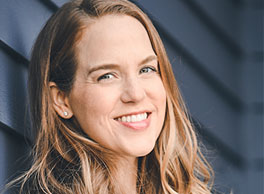CONTACT US TODAY
“Mark and his team were invaluable instructors in teaching our team presentation skills, conflict resolution, giving and receiving feedback. The days we were actionable, exercise driven and the team left the sessions energized and ready to implement their learnings into their day to day work. Highly recommend Strong Training & Coaching!”
- Account Supervisor, Advertising
LEARN MORE
“Strong Training and Coaching is a go-to resource for my organization. They are professional, sensible, and a pleasure to deal with. They are able to appropriately tailor and respond to our organization's needs.”
- Chief Talent Officer
LEARN MORE
“Strong Training & Coaching is super engaging, inspiring and overall helps me become a better employee and person. I aspire to take the tools and tips I've learned to help my team develop and grow stronger.”
- Associate Director, Digital Marketing
CONTACT US TODAY
“Mark and team led the highest rated session of our recent annual global sales conference. The team was organized, attentive and responsive in the lead up to the event, and Mark's humor, wit and conviction ensured our staff tuned in and retained information. I'd gladly recommend Mark's services to others.”
- VP, Product Marketing
CONTACT US TODAY
“Strong Training & Coaching really opened my eyes to all of the intricacies of presenting/leadership that we tend to overlook. They are incredibly knowledgeable, professional, but also relatable and are able to deeply connect with their audience. The tips they provide have already proven to be extremely valuable in my day-to-day.”
- Managing Director
CONTACT US TODAY
“Everyone in my company raves about Strong Training and Coaching. We basically just want them to follow us around and tell us what to do :-) They have a great way of breaking things down so the challenge feels less daunting. The STC team helps us reach our potential.”
- Account Director, Marketing


























































 646.418.0291
646.418.0291